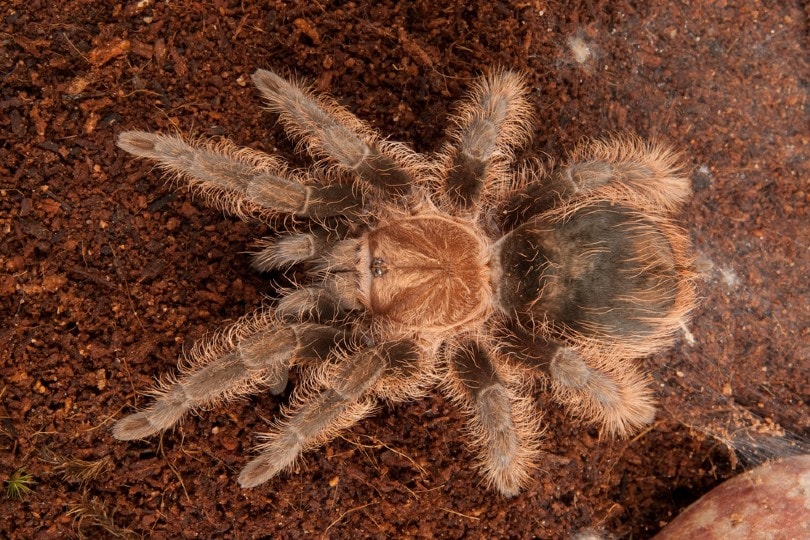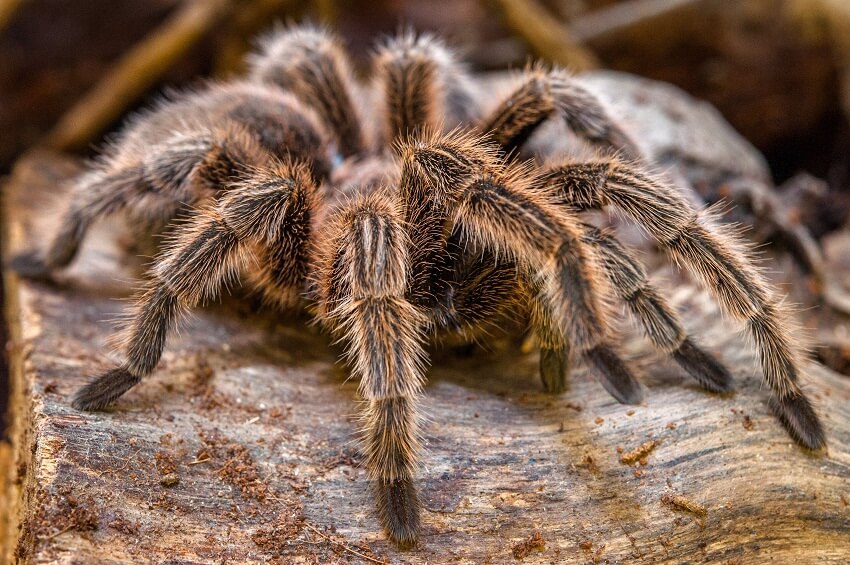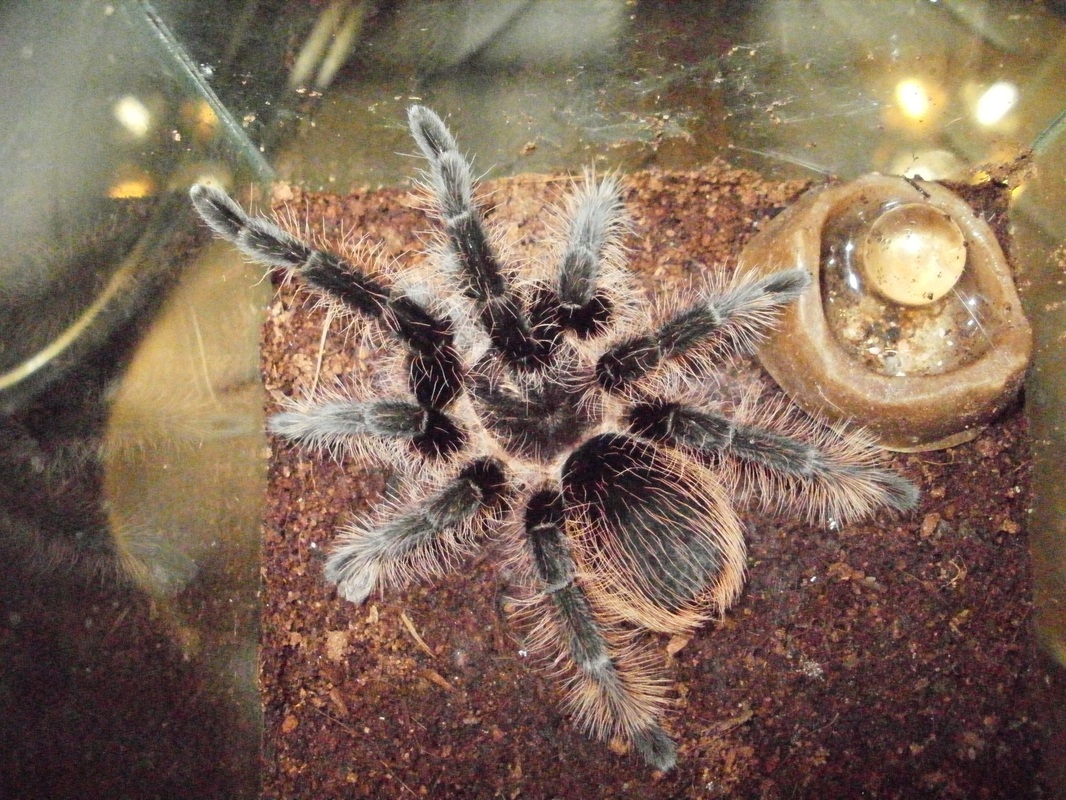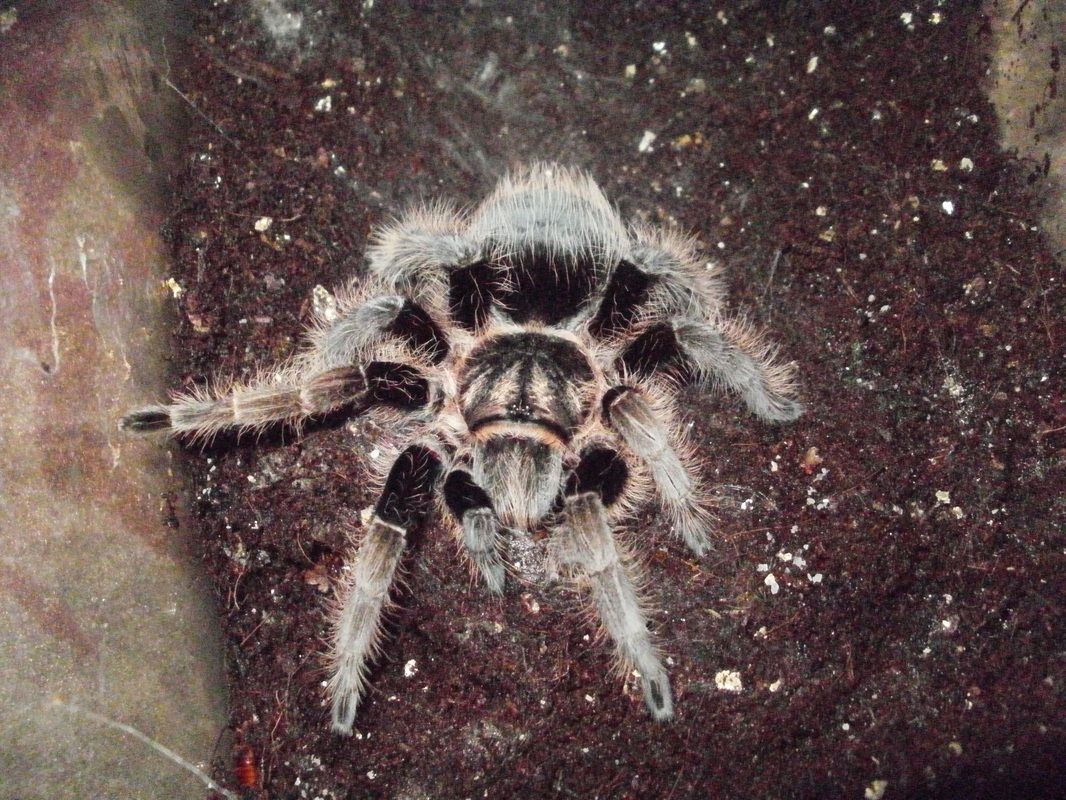Curly Hair Tarantula Care Sheet

Curly Hair Tarantula Care Sheet
Introduction
The Curly Hair Tarantula, also known as Brachypelma albopilosum, is a species of tarantula native to Central America. This tarantula is a popular pet for many spider enthusiasts, due to its docile nature and beautiful curly-haired body. As a pet, the Curly Hair Tarantula requires special care and attention to keep it healthy and happy. This care sheet provides an overview of the essential care requirements of the Curly Hair Tarantula.
Habitat
The Curly Hair Tarantula is native to Central America, and is typically found in the dry tropical forests of Mexico, Belize, El Salvador and Guatemala. In captivity, the Curly Hair Tarantula should be housed in an enclosure with a substrate of peat moss, coconut fiber, or similar material. The enclosure should also provide a place for the tarantula to hide, such as a cave or hollow log. The temperature of the enclosure should be kept between 75 and 85 degrees Fahrenheit, with a humidity level of 65 to 70%.
Diet
The Curly Hair Tarantula is an opportunistic carnivore, meaning it will feed on whatever prey is available to it. In captivity, the Curly Hair Tarantula should be fed a variety of insects, such as crickets, mealworms, and waxworms. The tarantula should be fed every 2 to 3 days, with the amount of food adjusted according to the size of the tarantula. It is important to ensure that the tarantula is not overfed, as this can lead to health problems.
Handling
The Curly Hair Tarantula is a docile species, and can be handled with care. When handling the tarantula, it is important to remember that the tarantula may be startled by sudden movements, and can bite if it feels threatened. It is also important to remember that the tarantula has venom, and a bite can be painful and potentially dangerous. If the tarantula does bite, it is important to seek medical attention immediately.
Health
The Curly Hair Tarantula is a hardy species, but can be prone to some health issues if not cared for correctly. It is important to monitor the tarantula for any signs of illness, such as lethargy, loss of appetite, or lack of movement. If any of these signs are observed, it is important to seek veterinary advice as soon as possible. In addition, it is important to regularly clean the enclosure to ensure the tarantula is living in a clean and healthy environment.
Tliltocatl albopilosus / Brachypelma albopilosum (Curly hair tarantula

Honduran Curly Hair Tarantula: Care Sheet, Lifespan, & More (With

Petcyclopedia On Curly Hair Tarantula Pet | Pets Nurturing

Honduran Curly Hair Tarantulas For in 2020 | Tarantula, Tarantula facts

Brachypelma Albopilosa - Curly Hair Tarantula - Bonzai's Tarantulas

Curly Hair Tarantula Care Sheet - Underground Reptiles

Tliltocatl Albopilosum / Curly Hair Tarantula Care Sheet

Care for a Brachypelma Albopilosum (Honduran Curly Hair)
Harpactira pulchripes (Golden Blue Leg Baboon) Care Sheet | Keeping

Brachypelma Albopilosa - Curly Hair Tarantula - Bonzai's Tarantulas
